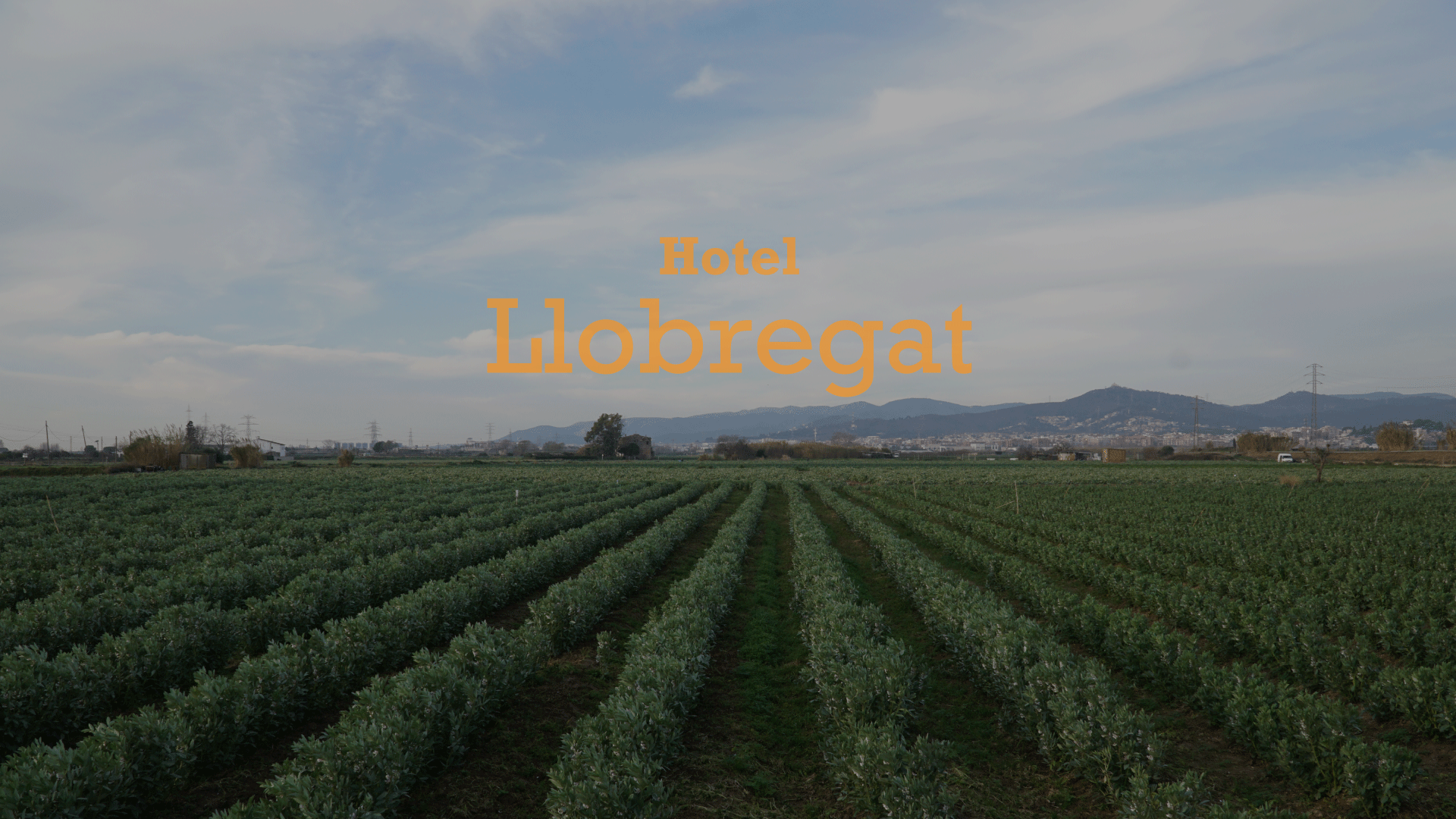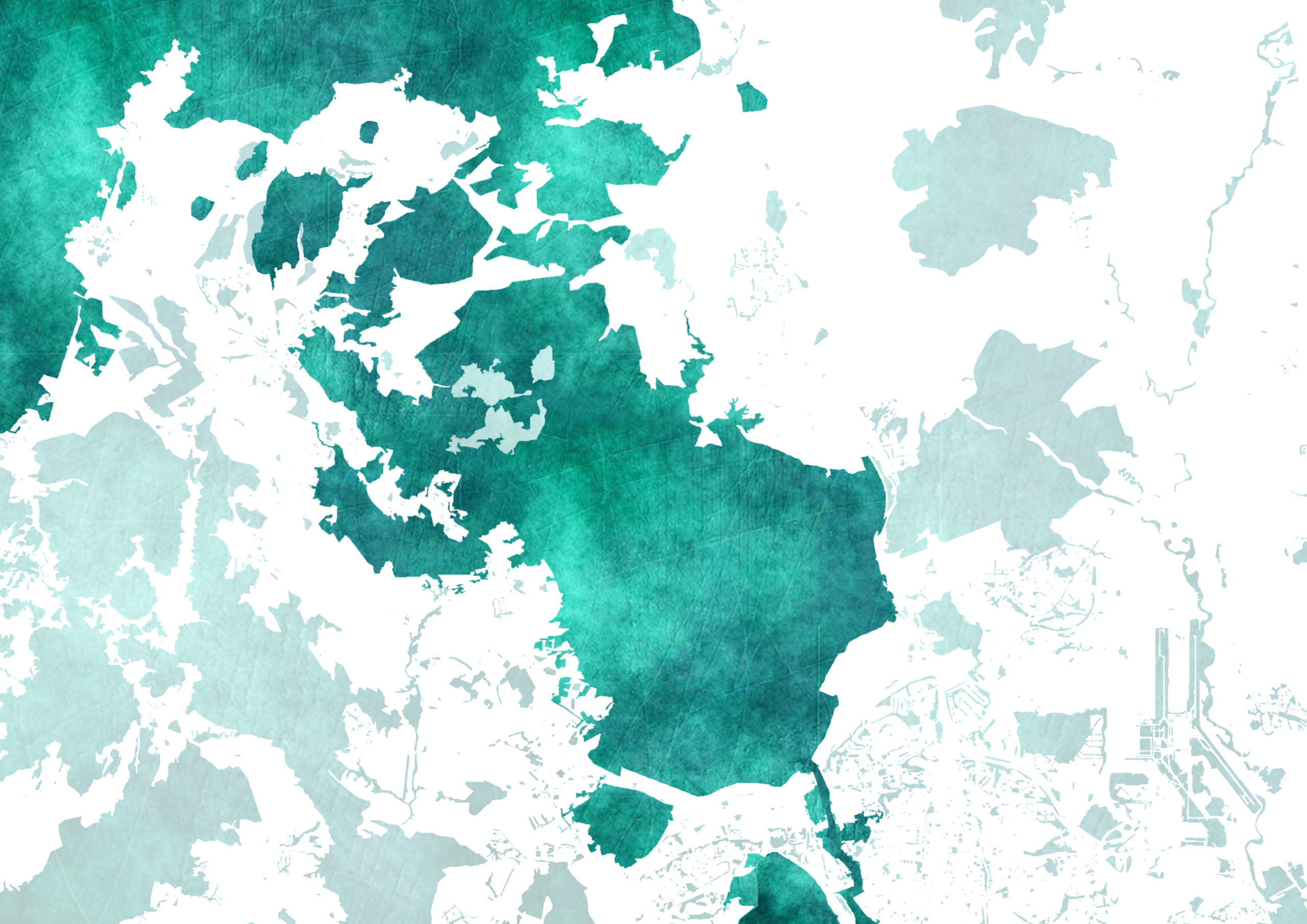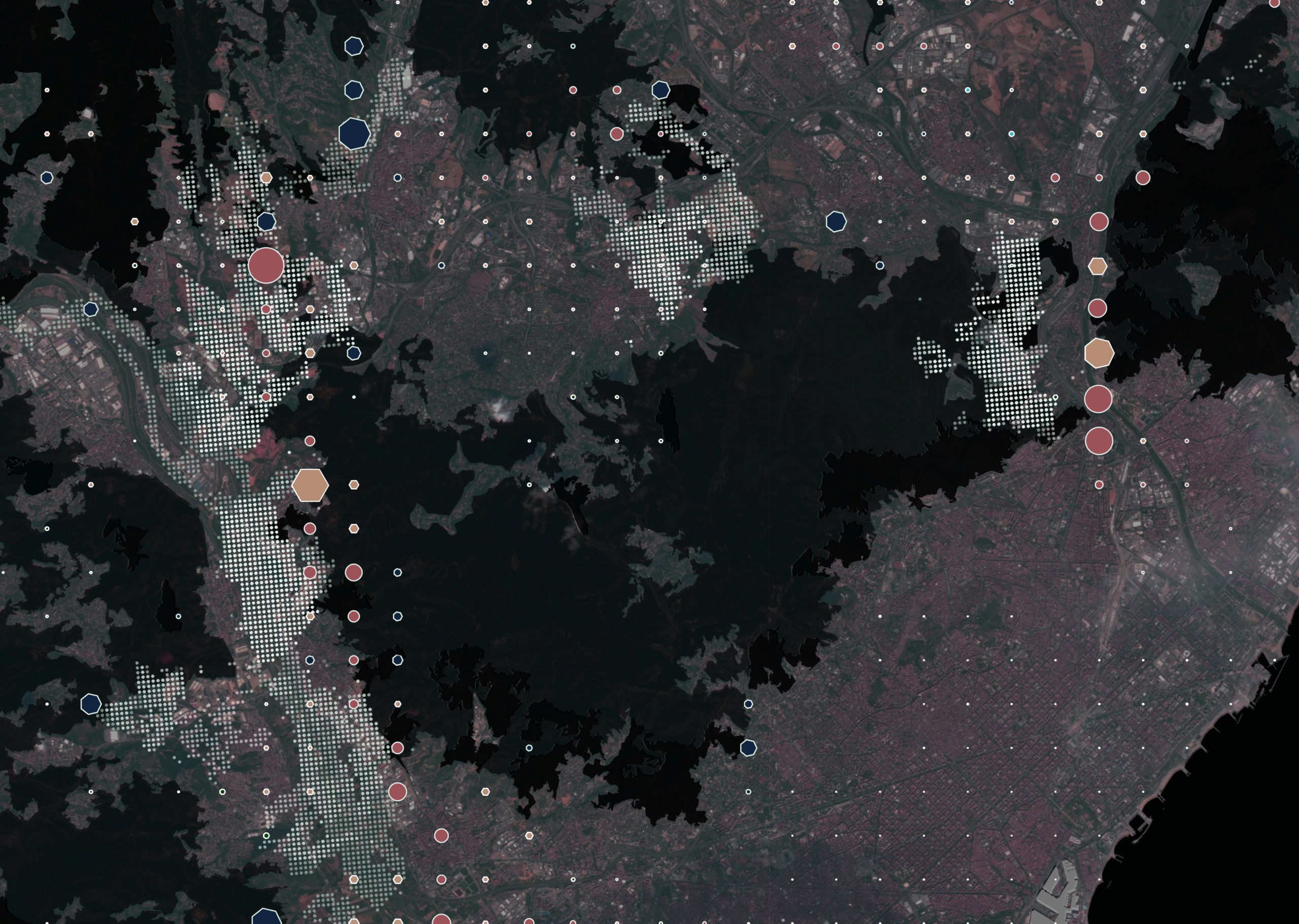
Credits: MaCT01 2020/21 students Leyla Saadi, Marta Galdys, Sridhar Subramani & Ivan Reyes Cano
The living world is full of situations where species lock their existence in symbiotic relations or companion behaviours. Driven by what appears to be basic pragmatism, we observe how their actions complement each other by cleaning, protecting, feeding, hiding or helping in the reproduction of each other. While in many cases, this behaviour can be observed in couples of species, this can also happen at the entire ecosystem level, where all parts of the whole provide functions, energy flows, and nutrients to the overall system. The complexity of these relations produces resilience and cohesion in the system, which has managed to survive until today in its current state thanks to the balance that each species provides overall.
The idea of companionship can be also used to challenge the concept of the individual, where a single person can be interpreted as the construction of multiple companion bacteria and microbiota in constant flux, communication, and exchange. The agency of each of these species is somehow coupled to the agency of the rest in a blind effort of survival that maintains our body and, as a side effect, produces our consciousness, enjoyment and ultimate reproducibility. Medical sciences have long argued for the reading of individuals as a collaborative “we” rather than as an isolated “me” when looking both for medical remedies as well as healthy lifestyles.
We argue that humans would do well if we could borrow from this approach and begin to think of our civilization as a network of companionship between species that act by helping each other and where utilitarian actions such as feeding, cleaning or purifying each other evolve into other forms of affection over time. Cities become spaces of exchange and these in turn give meaning and life purpose to its components. Companionship includes circularity, ecology and sympathy into a unified form of engaging with life and the environment we live in.
Students shall explore spatial strategies across scales that allow species and relations with humans to thrive and bring the unknown, the surprising and a progressive form of urbanism. The students will make proposals for a given companion species in the cities of Madrid and Barcelona, exploring the tools and discourses provided by the course, trying to span various scales and critically articulating a discourse about the link between nature, city and human inhabitation.










